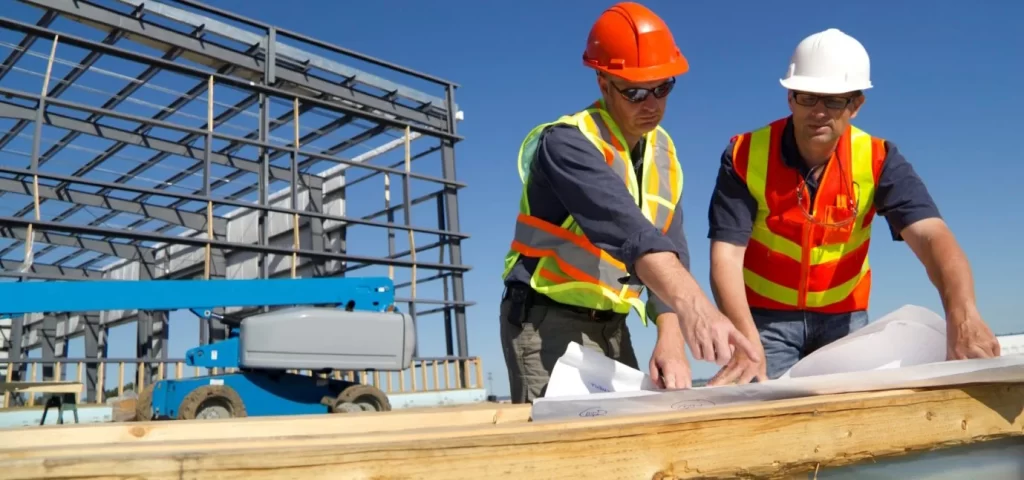If you’re in the market for a construction project, it’s important to remember that not all construction companies are created equal. To get the best results, you must be as informed as possible about your options and what to look for in a construction company. Here are six tips to help you get started.
1. Is It Licensed?
To obtain a license, construction companies must meet specific requirements set forth by the state in which they operate. These requirements vary from state to state, but they typically include things like being insured and bonded, having a certain amount of experience, and passing a background check.
If a construction company can’t provide you with proof of their license, move on to another option. Nowadays, anybody can claim to be a licensed contractor, but only legitimate companies will have the credentials to back it up.
2. Have a Surety Bond
In addition to being licensed, all reputable construction companies should consider a surety bond. A surety bond is an insurance that protects the consumer if the contractor fails to meet its obligations. The team at www.swiftbonds.com advises that if the contractor doesn’t follow through on their end of the deal, you can make a claim against the bond and receive compensation. There are three parties involved in a surety bond. These are the obligee, the principal (the contractor or construction company), and the surety (the company providing the bond).
The surety company will investigate the contractor’s financial stability to ensure they can complete the project as agreed. If the contractor does not have the necessary financial resources, the surety company will not provide them with a bond. The surety company will also set a premium, or bond rate, the amount the contractor will pay for the bond. The premium is typically a percentage of the total project cost and is paid upfront.
3. Check References and Reviews
An excellent place to start is with the Better Business Bureau (BBB). The BBB rates businesses on a scale of A+ to F based on complaint history, licensing, and other factors.
You can also search for online reviews of the company. Be sure to read the positive and negative reviews to get a well-rounded view of what others have experienced. If you see many complaints about missed deadlines, shoddy artistry, or unprofessional behavior, it’s better to search elsewhere.
Once you’ve chosen a construction company, get everything in writing before work begins. This includes a detailed estimate of all costs associated with the project and a timeline for completion.
It’s also essential to have a written contract that outlines the scope of work to be performed, as well as the rights and responsibilities of both parties. This will help to avoid any misunderstandings down the road. If the company you’re considering doesn’t want to put anything in writing, that’s a major red flag.
4. Make Sure They Have Insurance
This is important for two reasons. First, it protects you if something goes wrong and someone gets hurt on the job. Second, it protects your property if any damage occurs during the project.
Most states require construction companies to carry workers’ compensation and liability insurance. You can ask to see a copy of their insurance policy to verify that it’s up to date and that they have the coverage they claim to have.
5. Keep an Eye on the Job Site
Once work gets underway, it’s essential to keep an eye on the job site to ensure everything is going according to plan. This includes checking in regularly to ensure the work is progressing as scheduled and that the quality of work is up to your standards.
If you have any concerns, don’t be afraid to speak up. It’s better to address problems early on before they turn into more significant issues down the road. Some may think this is breathing down the neck of the contractor, but in reality, you’re just protecting your investment.
6. Be Prepared to Pay Upfront
Finally, be ready to pay a significant portion of the cost upfront. This is standard practice in the construction industry, so don’t be surprised if your contractor asks for a large down payment before work begins.
While it may be tempting to negotiate a lower down payment, this is usually not a good idea. A company asking for a smaller upfront investment may not be as financially stable as one asking for a larger down payment. This could put your project at risk if they cannot complete it as agreed.
When dealing with a construction company, you must keep a few things in mind. By following these tips, you can help ensure that your project goes smoothly and that you’re happy with the result.
